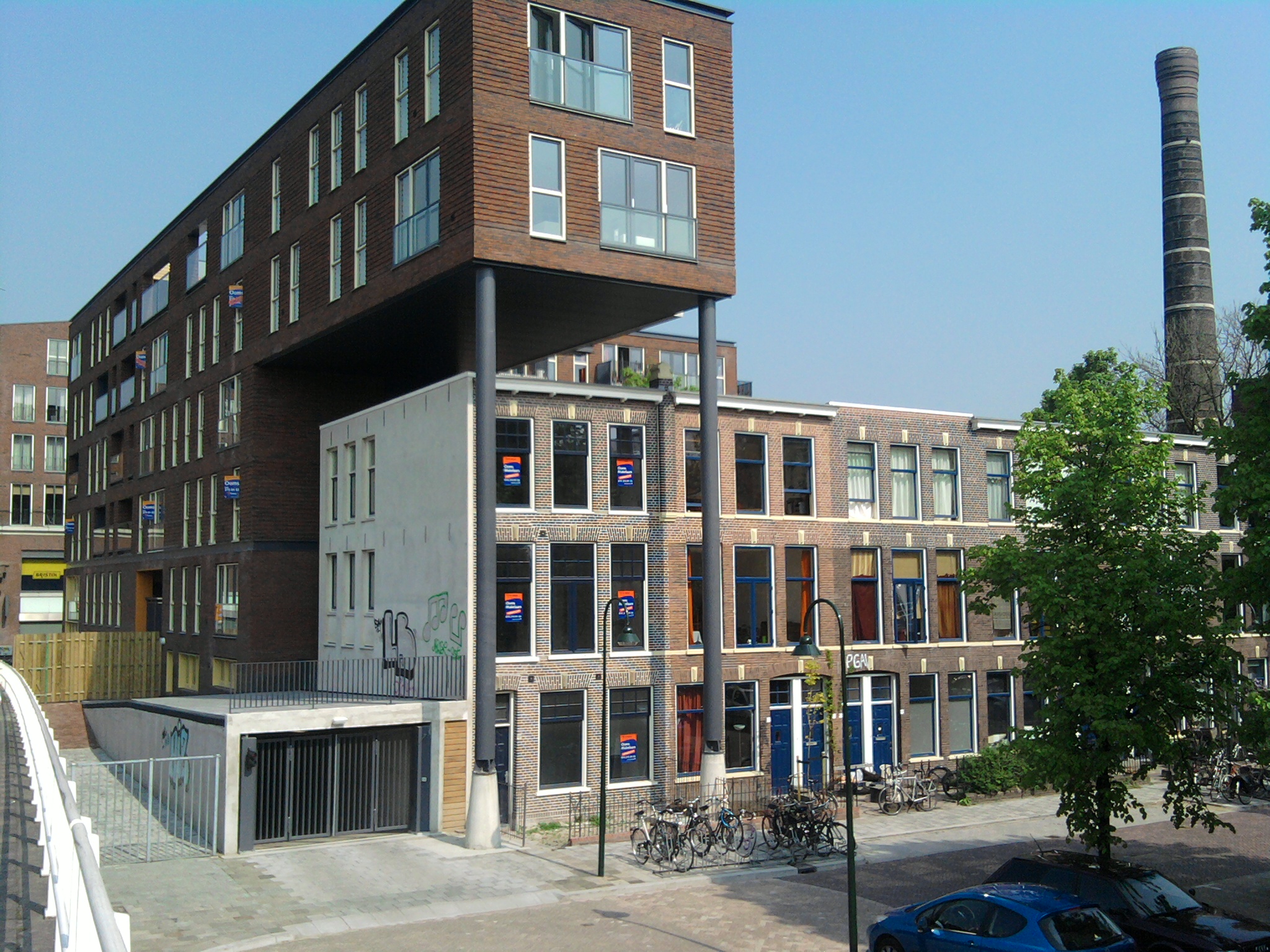Land Development

Research and education of the chair is focused on the governance of land development. Governance of land development is about the interaction between planning, property rights and property markets, and the governance of the relationship between the private interests of landowners and common societal goals.
The chair focuses on evaluating and innovating the governance of land development. The idea is that innovations may be based on evaluations of current governance practices and that innovations can be evaluated. The concepts of effectiveness, efficiency and legitimacy play a major role in this.
Research agenda
- The authorities as land developers. Governments as land developers and private enterprise as project developers: does it work? Can regional authorities be land developers? Is it financially sound? The flexibility of being a market player developing land raises questions about the way public accountability is organized. These issues are at stake in the development of housing, commercial real estate and mixed programmes. This role of authorities is also positioned in the field of complex development projects, and issues that are at stake in regional development planning. What multilevel governance arrangements involving public and private players are forged around these projects? Aspects of public accountability, also in relation to community involvement and community development, are at stake. Can land development made more adaptable to change?
- New land development legislation: better practice? There are many debates related to ideas for new legislation (instruments in relation to land readjustment, cost recovery, access to land, pre-emption rights, compulsory purchase and new planning systems) to structure urban and rural development . What role do new land development laws, and debate about new legislation, play in legitimizing the social practice of governance?
- The Europeanization of the governance of land development. How does Europeanization frame the constellation of actors, and what new modes of operation are emerging? What is the impact of the Single European Market? In what ways do norms about the rights to property and procedural safeguards structure governance relations in land development? How does this relate to rural and urban development? How can the governance of land development made ‘Europe-proof’?
- Innovative and participatory land policy instruments. A growing number of instruments (community land trusts, community benefits agreements, community supported agriculture, joint development projects, land readjustment, business improvement districts, industrial improvement districts, urban agriculture regulations and the city slow strategy) allow the integration of diverse land uses and communities in a participatory manner by motivating high levels of communication between spaces and rural and urban communities. The evaluation of these innovating instruments is part of the agenda of the chair.
- Bridging internal and external effectiveness towards a legitimate governance of land development. The sub-programme aims to understand relationships between the internal and the external effectiveness of land development governance and the way this relates to accountable land development.
Projects (selection)
RURALIZATION: The chair coordinates this research and innovation Horizon 2020 project running between 2019 and 2023 with 18 partners and which aims to contribute to rural regeneration by foresight activities, reflecting on promising practices of rural newcomers and new entrants into farming and by research and development of novel ways into providing access to land. For more info:
https://www.tudelft.nl/2019/bk/facilitating-rural-newcomers
www.ruralization.eu )
FIESPON: ESPON project coordinated by EPRC (University of Strathclyde) in Financial instruments and territorial cohesion. (2017-2019).
Urban Agenda: Short study commissioned by the European Parliament on Urban Agenda: Assessment from the European Parliament's Perspective (2019).
